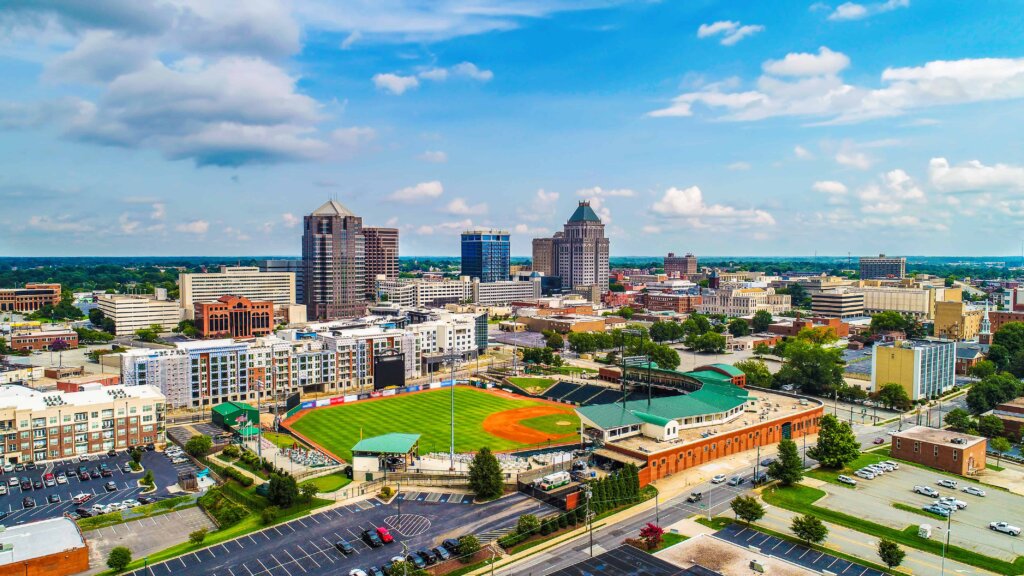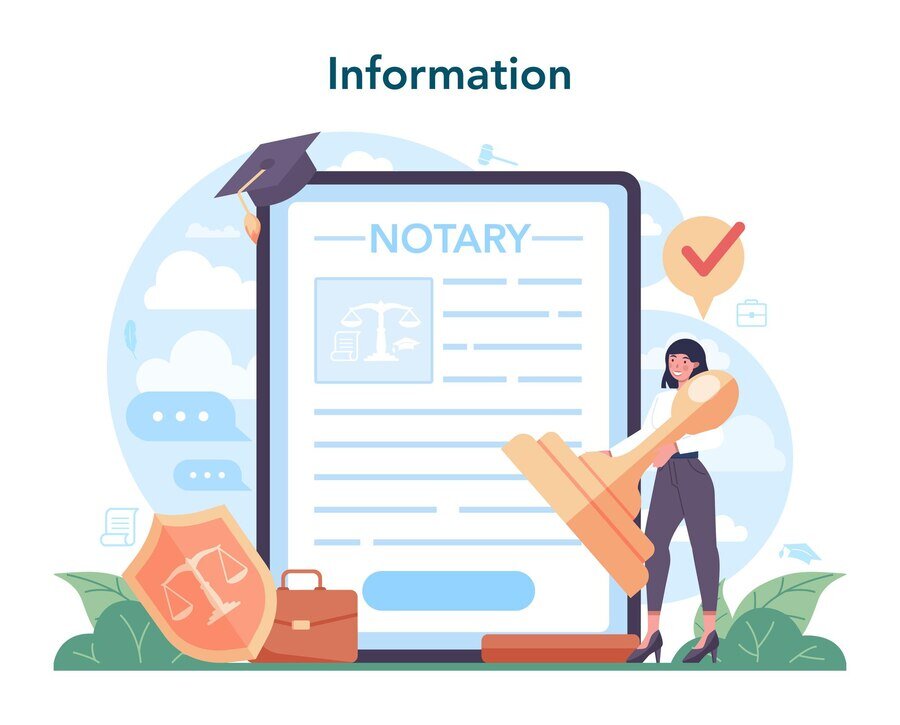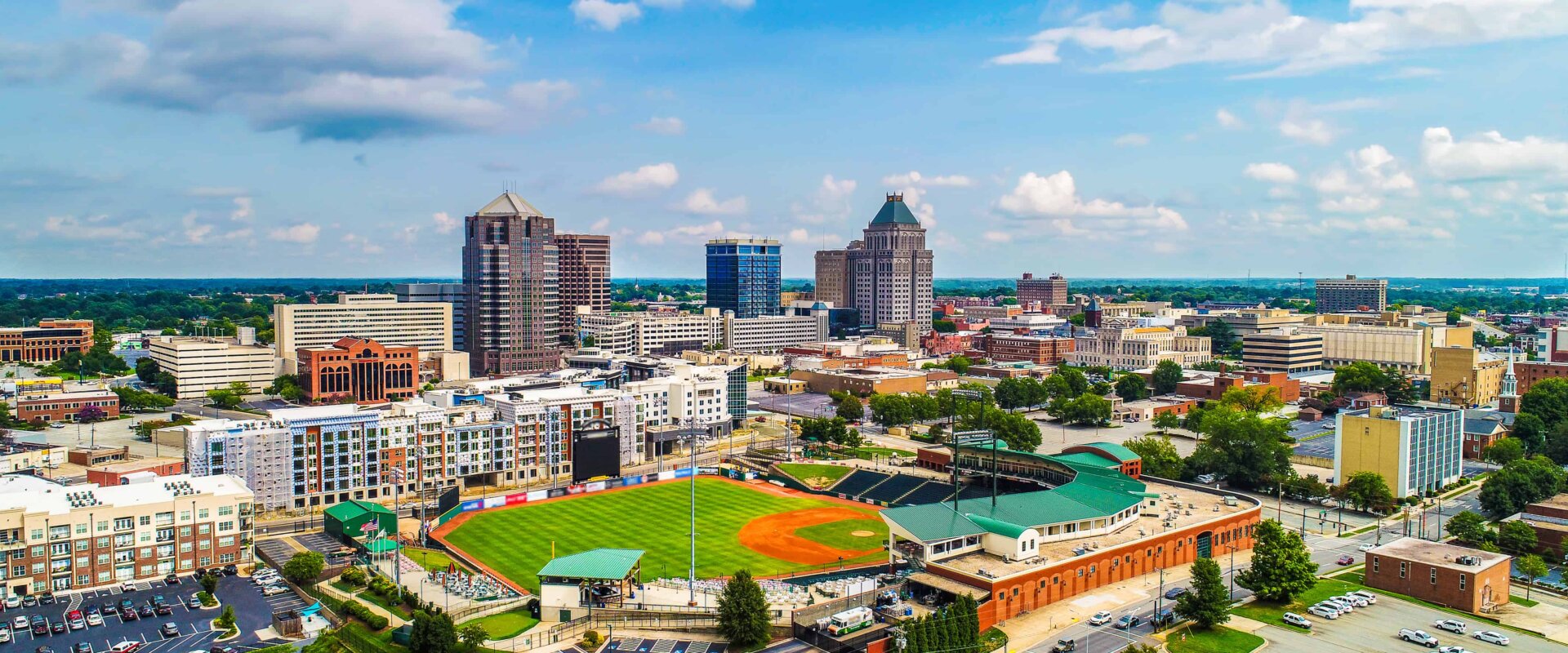Introduction
For Greensboro homeowners, closing the sale is the last and most important step in the process of selling their home. It doesn’t matter if you’re selling your home for the first time or have done it before; knowing how the Greensboro closing process works can make a big difference in how quickly the deal goes.
At this point, it’s not enough to just sign papers; you also need to make sure that all the legal, financial, and practical details are taken care of so that the shift of ownership can go through smoothly. It’s important for sellers in Greensboro to be well-prepared because the process can be affected by the local market, state laws, and buyer standards.
This book will teach you everything you need to know to finish the deal in Greensboro. This guide will help you close your sale quickly and with confidence, by covering everything from getting ready for the final walkthrough to understanding the local laws. If you follow these tips, you’ll be able to avoid common mistakes, deal with possible problems, and enjoy a good sale.

This home selling guide is prepared by professional home buyers from Cardinal House Buyers
Understanding Greensboro’s Real Estate Closing Process
Successfully closing the sale of your home in Greensboro requires understanding the specific steps involved in the local real estate process. The real estate market in Greensboro is governed by North Carolina state rules that make it easy to complete a property deal. Whether you’re selling a cute cottage or a modern house in Greensboro, the closing process will go smoothly and without any problems if you know what to do.
Key Steps in Greensboro’s Closing Process
Title Search and Verification
A critical step in closing the sale is conducting a title search to ensure your property has a clear title. This step, which is usually done by a lawyer or title company, makes sure that your home doesn’t have any liens, claims, or ownership issues attached to it. To move the process along smoothly in Greensboro, you need to have a clean title.
Escrow Account Setup
As is common practice, Greensboro uses escrow accounts to keep money safe until all the conditions for close are met. An escrow provider, who is usually a neutral third party, holds the buyer’s earnest money deposit and makes sure that the money is sent to the right people when the deal is done.
Home Inspection and Repairs
Buyers may ask for a home check during the closing process to see how the property is in general. If any problems are found, the sellers might have to offer credits or fixes to keep the deal going. Being proactive about potential repairs can prevent delays in closing the sale.
Appraisal Process
The buyer’s lender will need a professional appraisal to prove the home’s market value if they are getting a loan to buy it. If the evaluation is less than the agreed-upon price, the deal may need to be renegotiated or go through more steps to be finalized. home sellers in Greensboro should be ready for this step.
Final Walkthrough
Buyers usually do one last walkthrough right before the closing to make sure the property is in the state that was agreed upon. It’s important to take care of any last-minute problems right away so that the close date doesn’t get pushed back.
Role of Attorneys in Greensboro’s Closing Process
North Carolina is an attorney state, which means that the closing must be overseen by a licensed real estate attorney. Lawyers are very important when it comes to reading contracts, making sure all the necessary paperwork is done, and making sure that local laws are followed. They also make it easier for the deed to be signed and handle the transfer of funds. Their knowledge is very helpful for making sure the Greensboro sale goes smoothly.
Timelines and Closing Day Details
In Greensboro, the time it takes to close can change based on things like how long it takes for the buyer to get financing and the inspections. Both the buyer and the seller meet on closing day to finish the deal. The buyer gives the seller the leftover funds and signs the deed to transfer ownership. The sale is over when all the papers are signed and the money is given out.

Financial Considerations at Closing
When it comes to closing the sale, understanding the financial aspects is crucial for sellers in Greensboro. Being ready for everything, from closing costs to prorated costs, can help you avoid unpleasant shocks and make sure the process goes smoothly. Let’s talk about the most important money issues that every seller needs to know about.
Breakdown of Closing Costs for Greensboro Sellers
During the settling process, you, as the seller, will have to pay a number of fees. These are some of the common closing costs for buyers in Greensboro:
As a general rule, real estate agents charge 5-6% of the home’s sale price, which is split between the buyer’s and seller’s agents.
Insurance for the title: In North Carolina, sellers usually pay for the buyer’s title insurance. This saves the buyer from problems with the title.
NC’s excise tax, also called the “deed stamp tax,” is $1 for every $500 of the sale price.
Attorney Fees: According to North Carolina law, the closing must be overseen by a real estate lawyer. Sellers will need to plan for these fees, which can be anywhere from $600 to $1,200.
Costs that are spread out over time: what you owe until the closing date
Costs that you have already paid for but need to share with the buyer until the close date are called “prorated expenses.” Some of these are:
Property Taxes: If you don’t pay your property taxes for the year, you’ll owe a portion of the amount for each month that you owned the house.
HOA Dues: If your home is part of a homeowner’s association, you’ll have to pay a cut of the dues.
Services: Make sure the energy bills are paid on time, and if there are any balances, you might want to split them with the buyer.
Minimizing Financial Surprises During Closing
To avoid unexpected costs during closing the sale, follow these tips:
Ask for a Seller’s Net Sheet: This paper gives you a rough idea of how much money you’ll get after all the closing costs. This will help you make good plans.
Make Buyer Credits Clearer: In the payment statement, you should list any repairs credits or costs you agreed to pay for or help the buyer with that are included.
Early Settlement of Liens: Get rid of any liens or debts that are still attached to the property before the close so that there are no delays.
Getting Your Proceeds
The money from the sale will be sent to you once all of your debts are paid off. North Carolina’s Good Funds Settlement Act says that money must be sent via wire transfer or check on the day of closing in Greensboro. To avoid delays, make sure that your bank information is correct.
By understanding these financial considerations, you’ll be better equipped to handle closing the sale in Greensboro. Preparing in advance ensures you walk away with your proceeds intact and ready for your next

Essential Documentation for Closing in Greensboro
When it comes to closing the sale in Greensboro, having the right documentation in order is critical to ensure a smooth and efficient process. This step is more than just signing a few papers; it needs careful planning, correct information, and following the law to avoid delays or problems. Here is an in-depth look at the important papers that every seller of a home should get ready before the closing.
Deed of Property
The property deed is the official record that shows the buyer who owns your home. As the seller, you need to give a deed that is free of any liens or other problems. In Greensboro, it’s important to work with a good real estate lawyer to make sure the deed is written and signed correctly and in line with North Carolina law.
Documentation for Title
During the closing process, a title check is usually done to make sure you own the property and find out if there are any claims against it. In Greensboro, sellers must show proof of a clear title, which is usually done through title insurance. This saves the buyer from future problems. Your real estate lawyer will help you through this process to make sure that the title to your property can be sold.
Disclosure Statement from the Seller
In Greensboro, transparency is key to closing the sale. A seller’s disclosure statement lists any problems that the seller knows about with the property, like structural flaws, water damage, or fixes that have already been done. By giving buyers this paper up front, you build trust and help avoid problems later on.
Your mortgage lender will send you a payoff statement.
This is what you’ll need from your banker if you still owe money on your mortgage. This paper tells you how much money you need to pay off your loan, along with any fees or interest. Making sure this is correct is very important, as mistakes can slow down the ending process.
Documents for the Homeowners Association (HOA)
If your home is part of a HOA, you need to show papers about its rules, regulations, and financial responsibilities. Buyers in Greensboro will want to review this information to understand the community’s governance and any dues or assessments they’ll be responsible for after closing the sale.
Tax Records
Property tax records are a big part of finishing up the money side of your sale. Be ready to show proof that you’ve paid your taxes recently and details about any amounts that are still due. In Greensboro, property taxes are usually prorated at closing, so it’s important to keep good records so that the estimate is fair.
Utility Information
The people who buy your home will need information about your energy accounts so that they can move in easily after the sale. Describe the property’s water, gas, power, and any other services that are connected to it. Giving this paperwork makes the handoff process easier and makes sure the buyer has a good experience.
Closing Statement
The closing statement is a list of all the financial events that happened during the sale. It tells you how much the house is worth, how much it will cost to close, and how much money you’ll get left over after fees and costs. This paper, which was made by your lawyer or closing agent, needs to be carefully read over to make sure it is correct before you sign it.

Legal Aspects of Closing in North Carolina
Understanding the formal side of closing the sale in North Carolina is important to make sure the deal goes smoothly. Greensboro homes have to follow certain state rules during the closing process. For example, they have to work with real estate lawyers and follow laws about financial settlements.
Why Real Estate Attorneys Are Required in North Carolina
In contrast to some states, North Carolina requires a qualified real estate attorney to be present at the closing. Lawyers make sure that the transfer of property ownership is legal by overseeing the creation, review, and signing of closing papers.
This rule gives sellers peace of mind because lawyers check that all the legal parts of the deal are done right, like the deed transfer and title examination. People who want to sell their home in Greensboro should hire a local lawyer with a lot of experience who knows how to handle real estate deals in the area.
Title Examination and Deed Transfer
One of the most important things the lawyer has to do to close the deal is do a full title search. This process makes sure that there aren’t any liens, unpaid taxes, or disagreements about who owns the land that could stop the deal from going through. The lawyer makes the deed, which formally changes ownership from the seller to the buyer, once the title is clear.
To avoid delays at close, sellers should make sure the title is clear as soon as possible during the selling process. Title issues that are unique to Greensboro, like HOA liens or historic property labels, should be taken care of ahead of time.
Understanding the Good Funds Settlement Act
The Good Funds Settlement Act in North Carolina says that all funds for a real estate deal must be fully checked before the deed is recorded and the keys are given to the buyer. This law makes sure that both parties are safe financially when the sale is finalized.
This means that buyers must be ready to wait until the buyer’s attorney confirms the buyer’s funds before getting paid. Working with an experienced closing person can help speed up the process and keep it from taking too long.
Closing Documents You’ll Need
It is required by North Carolina law that buyers present a number of items during the closing process. These include
The Deed: This is the paper that gives the buyer ownership of the land.
Property Disclosures: Checks that all necessary disclosures have been made, like defects that are important to the buyer.
Statements of Payoff: Makes sure that any mortgages or liens that are still due are paid off.
Getting these papers ready ahead of time can make the closing process go more quickly.
Ensuring Compliance with State Regulations
The laws in North Carolina are meant to protect both buyers and sellers, but if you don’t follow them, it could cause delays or disagreements. Greensboro sellers should learn about the most important legal duties they need to meet in order to close the deal. Working together with your lawyer, real estate agent, and closing agent can help make sure everything goes smoothly.
By learning about and taking care of these legal issues early on, sellers in Greensboro can feel positive about closing the deal, reducing any risks and increasing the chances of a smooth transaction.

Dealing with Potential Closing Hurdles
When closing the sale, sellers in Greensboro often encounter unforeseen challenges that can delay or derail the process. To make sure the closing goes smoothly, you need to be ready for these problems. We’ll talk about some common problems and give you some doable ways to solve them below.
Financing Delays from Buyers
Buyer financial problems are one of the most common problems that come up when the sale is supposed to go through. Buyers may have to wait longer than expected to get their credit approved, which can slow down the process.
How to Avoid It: Make sure the buyer is pre-approved for a mortgage, not just pre-qualified, before you accept an offer. Pre-approval gives the seller more confidence that the buyer can pay.
What to Do About It: If there is a delay in financing, keep in touch with the buyer’s banker to know what needs to be done and when. Giving a short delay might save the deal sometimes.
Inspection Disputes
When home surveys find problems that were not expected, buyers may become worried and renegotiate the deal. Repairs for building problems, HVAC systems, or water damage are common disagreements.
How to Avoid It: Before you put your house on the market, do a pre-listing inspection to find and fix any big problems. This proactive step can keep shocks from happening.
What to Do About It: If disagreements happen, talk things out fairly. Instead of making fixes at the last minute, you might want to offer credits at closing. This can save time and give the buyer more options.
Title or Legal Complications
To finish closing the sale, the title must be clear. Problems like liens, back taxes, or disagreements over the land lines can make the process more difficult.
How to Avoid It: Do a full title search early on with the help of a reputable Greensboro title company or lawyer. Deal with any problems before they become impossible to solve.
What to Do About It: Work together closely with your lawyer and title company to settle legal issues. Tell buyers the truth about when the problem will be fixed.
Appraisal Challenges
If the buyer’s lender orders an evaluation and the home’s value is less than the sale price, the buyer may not be able to get the loan.
How to Avoid It: Talk to a real estate agent who knows the Greensboro market well about how much to price your home. Mismatched appraisals can happen when prices are too high.
What to Do About It: Should the evaluation be too low, you might want to try to work something out with the buyer to make things fair, like lowering the price or agreeing to split the difference.
Buyer’s Cold Feet
Some buyers may have doubts at the last minute, especially as the sale is coming to a close. This could cause things to be pushed back or canceled.
How to Avoid It: Be open and honest about the whole process, and give buyers regular reports to help them feel good about their choice.
What to Do About It: If buyers aren’t sure, have your agent talk to them openly to find out what worries them and convince them of the deal’s value.
Miscommunication Between Parties
When sellers, buyers, managers, and lawyers don’t talk to each other clearly, it can slow down or confuse the closing process.
How to Avoid It: Make sure everyone is on the same page by setting up regular check-ins and making sure there are clear ways to communicate.
What to Do About It: Talk to your real estate agent or lawyer right away to clear up any confusion. Because they are experts, they can help settle disagreements.

Finalizing the Sale
For Greensboro homeowners, the last step in finishing the deal is both exciting and important. Now that this is done, the property officially changes hands, and as the seller, your part in the deal is over. To make sure this process goes smoothly, you need to know what needs to be done and stay ready. Here is a thorough guide that will help you complete the sale.
Signing the Closing Documents
One of the most important tasks during closing the sale is signing the necessary documents. These include:
The deed, which officially gives the buyer title.
A bill of sale for any personal item that is being bought.
Any needed documents that prove the property is in good shape or fix title problems.
Make sure you carefully read every paper, if possible with the help of your real estate lawyer. Lawyers are required by North Carolina law to be involved, which makes their job very important for finding mistakes or contradictions.
Transferring Ownership to the Buyer
As soon as the papers are signed, the buyer truly owns the property. This means the following in Greensboro:
Putting the deed on file with the Guilford County Register of Deeds completes the formal transfer.
Getting all the keys, door remotes, and security codes handed over to the buyer.
Being on time and organized at this stage helps avoid delays and makes sure that everyone has a good time.
Disbursing the Funds
Once the process is done, you’ll get the money from the sale. The Good Funds Settlement Act in North Carolina says that all funds must be fully checked before they are sent out. What to look forward to:
The closing attorney or title company will send the net funds to your bank account, minus any closing costs and any liens or mortgages that are still due.
Check the amount to make sure that all of the numbers are correct, such as the property taxes and HOA fees.
For tax reasons, make sure you keep records of these deals.
Completing the Buyer’s Final Walkthrough
Buyers often do a last-minute walkthrough to make sure the property is in the state they agreed to before the sale is finalized. To keep things simple:
Take care of any fix requests you agreed to during the talks.
Thoroughly clean and empty the house to make a good impression.
Having good communication with both your agent and the buyer’s agent during this part can help avoid problems that could cause the sale to go into a delay.
Receiving Confirmation of Sale Completion
Receiving proof that the deal is complete is the last step in closing the sale. This takes place when:
The act has been written down.
The money has been sent out.
Both sides have done what they were supposed to do.
Right now you can officially celebrate your Greensboro sale going well!

Conclusion
Closing the sale in Greensboro is the end of all your hard work in the home-selling process, not just the last step. To make sure this part goes smoothly, you need to plan ahead, pay close attention to details, and know how the local market works. Every job, from putting together important papers to answering buyers’ questions during the walkthrough, is necessary to make the sale go through.
Working with professionals who have done it before, like real estate lawyers and agents who know Greensboro’s rules, can speed up the process and reduce the chance of problems. Their knowledge makes sure that all of North Carolina’s laws are followed, which gives you peace of mind as you hand over the keys to your home.
When the sale is over, take a moment to enjoy what you’ve accomplished. It may seem hard to close the deal, but if you have the right tools and strategy, it will be a smooth start to your next chapter. No matter if you’re moving, downsizing, or looking for a new investment chance, a smooth closing sets you up for future success.
Remember that mastering the art of closing the deal in Greensboro will not only help you make money but also leave a lasting impact on the buyer. A good experience can make people like you as a seller and help you build goodwill in your community. You can make sure that every detail is taken care of by staying organized and taking the initiative. This will make the process stress-free and beneficial for everyone.


But it gets better:
You can sell fast without an agent with no rush to move. You don’t have to move out right away; you can stay in your home for awhile until you locate another home.
We are confident that we can help you today – regardless of the situation.

